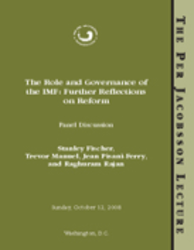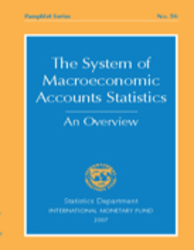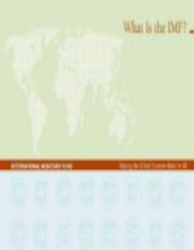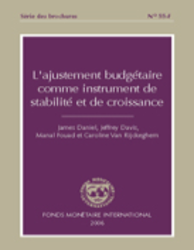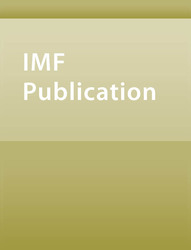
The IMF and the World Bank: How Do They Differ?
Publication date: September 1992
ISBN: 9781557752406
$5.00
Add to Cart by clicking price of the language and format you'd like to purchase
Available Languages and Formats
| German | |
| Russian |
Prices in red indicate formats that are not yet available but are forthcoming.
Topics covered in this book
This title contains information about the following subjects.
Click on a subject if you would like to see other titles with the same subjects.
Economics- Macroeconomics , Money and Monetary Policy , Public Finance , International - Economics , MTU , country , IMF operations , government , financing , lending decision , IMF's work , IMF's article , IMF's operation , IMF's role , international community , Currencies , Loans , International monetary system , Western Europe , Sub-Saharan Africa , Global
Summary
This paper discusses how the IMF and the World Bank differ from each other. The IMF is small and, unlike the World Bank, has no affiliates or subsidiaries. Most IMF staff members work at headquarters in Washington, D.C., although three small offices are maintained in Paris, Geneva, and at the United Nations in New York. Its professional staff members are for the most part economists and financial experts. The World Bank is an investment bank, intermediating between investors and recipients, borrowing from the one and lending to the other. The structure of the World Bank is somewhat more complex compared with the IMF.
Copyright © 2010 - 2026
Powered by:
AIDC
